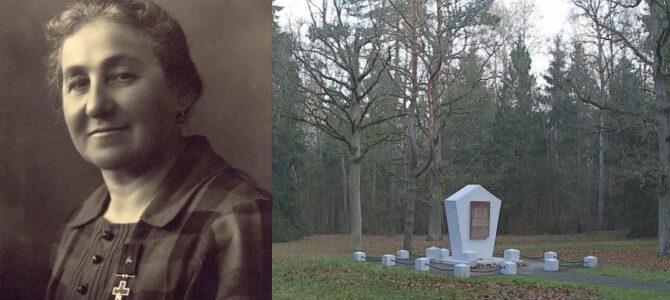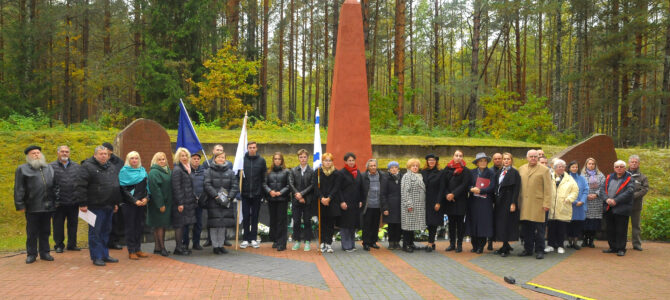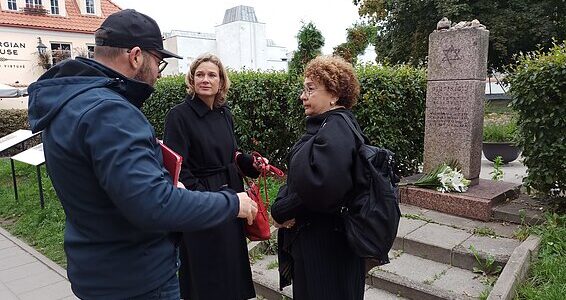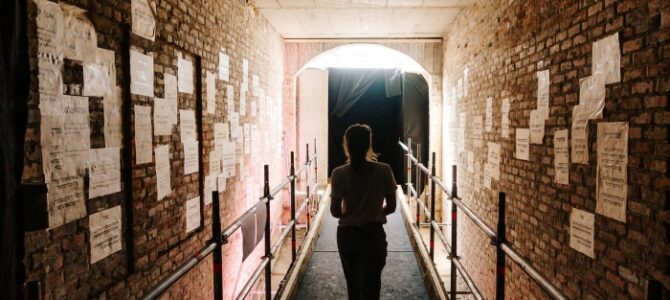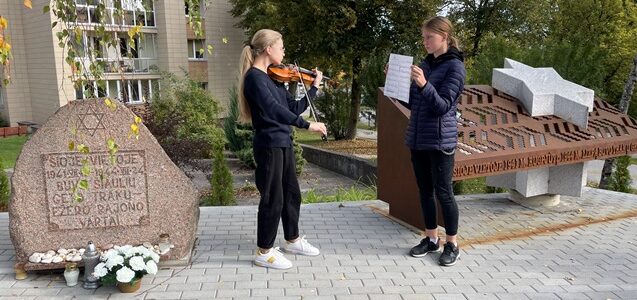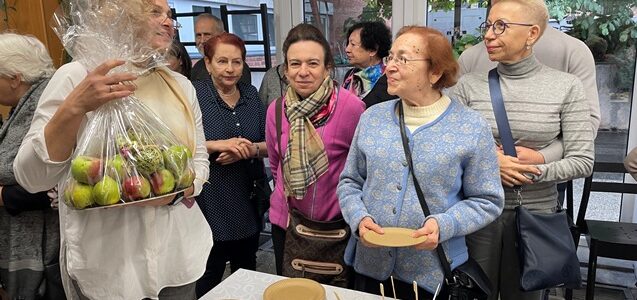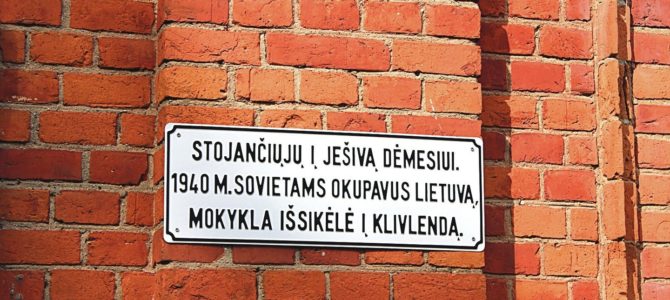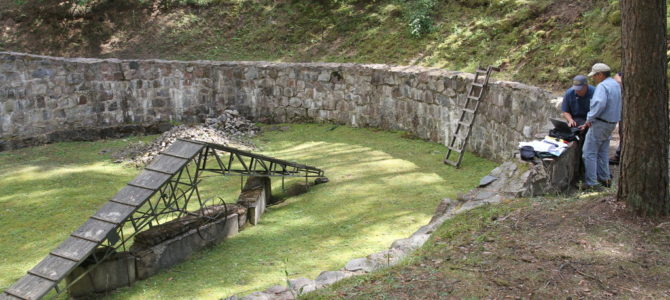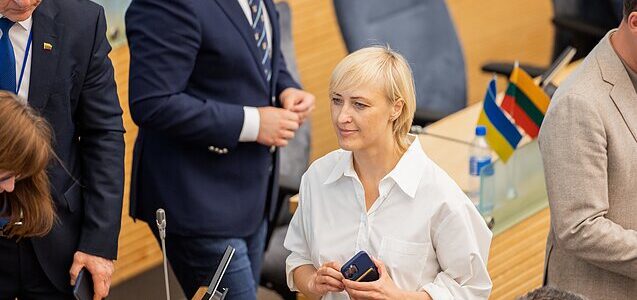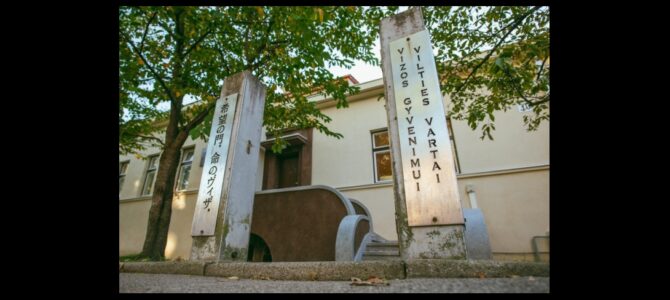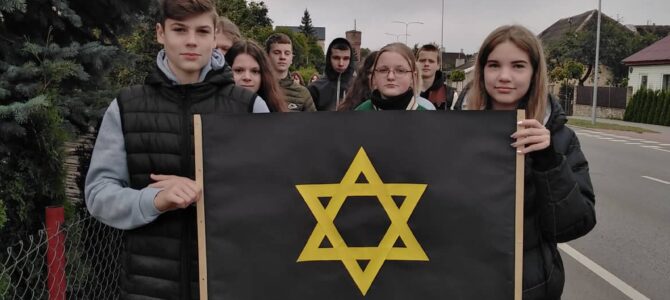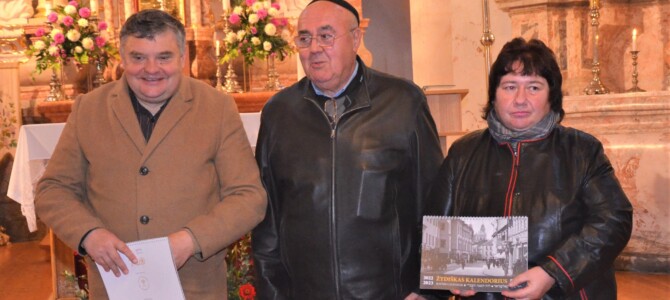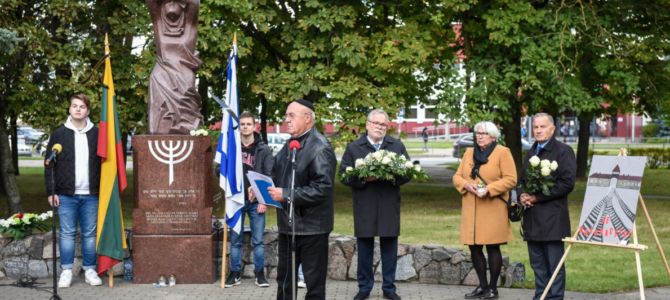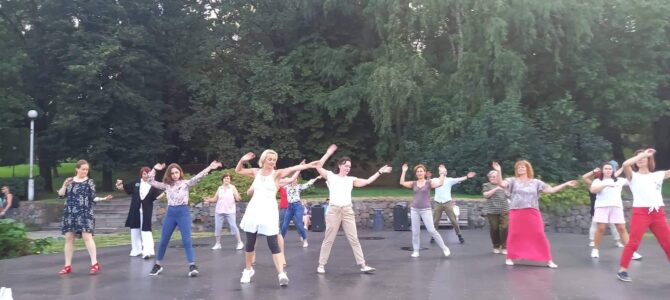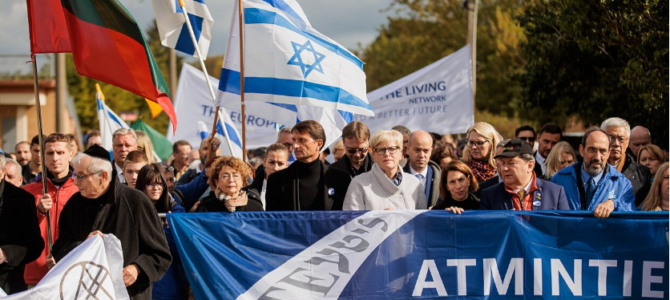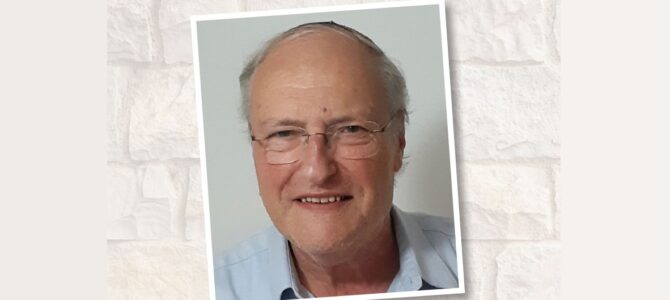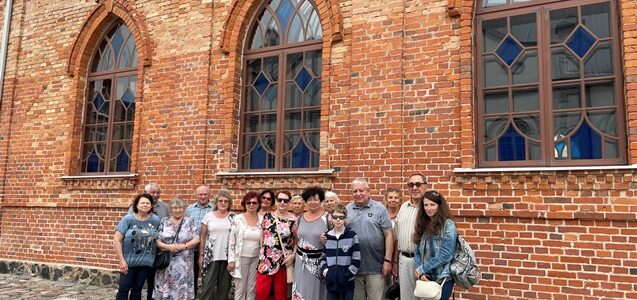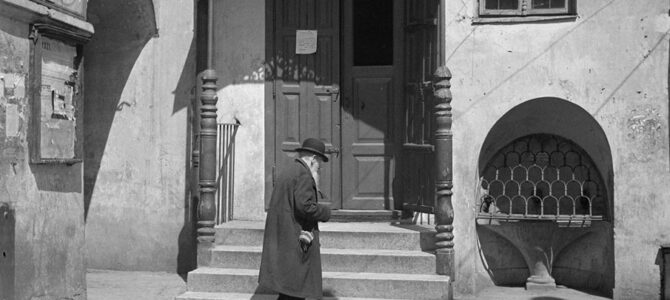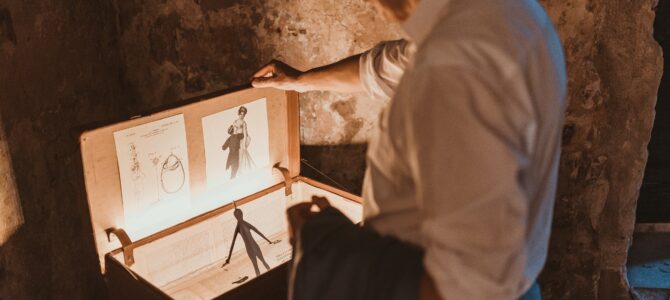The first volunteer Lithuanian soldiers who fought for the country’s independence are today undeservedly forgotten. They were often simple village boys or hired hands, less frequently Tsarist army recruits, who defended our right to live as free people. What’s most interesting is that it wasn’t just ethnic Lithuanians who fought in those battles for independence, there were groups of people of other ethnicity who fought. The idea of freedom was cherished by women as well. Among those who received the Order of the Cross of Vytis were women. Širvintos was and is a town with a diverse ethnic make-up and the location of one of the fiercest battles for independence. Lithuanian Radio and Television tells the little-known story and reveals unknown aspects of these battles for independence.
Program in Lithuanian viewable here.


